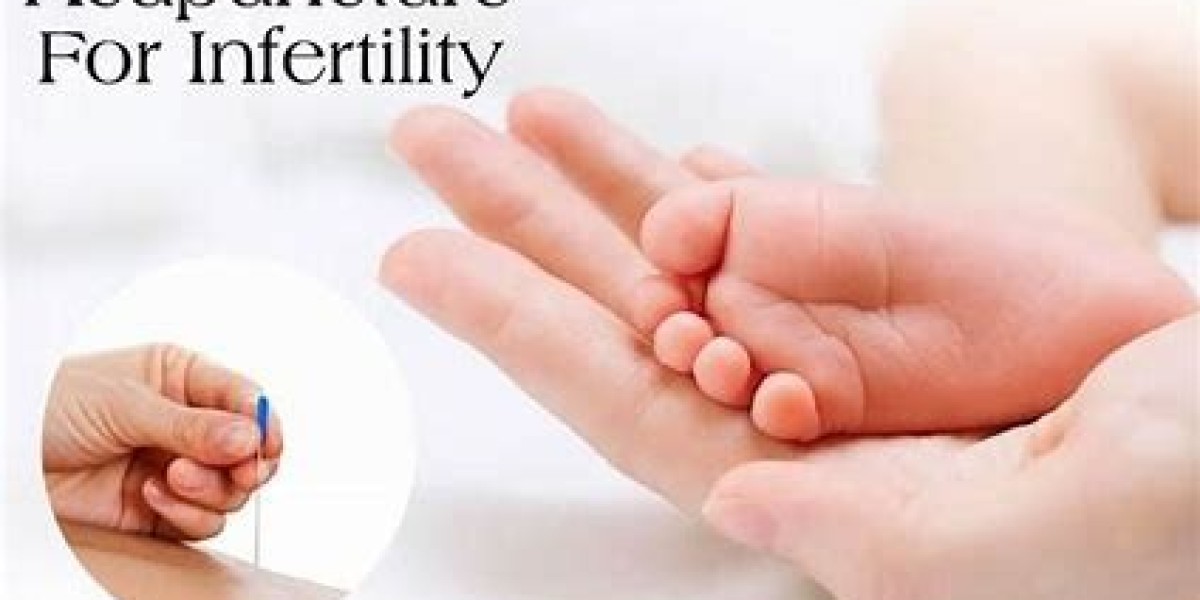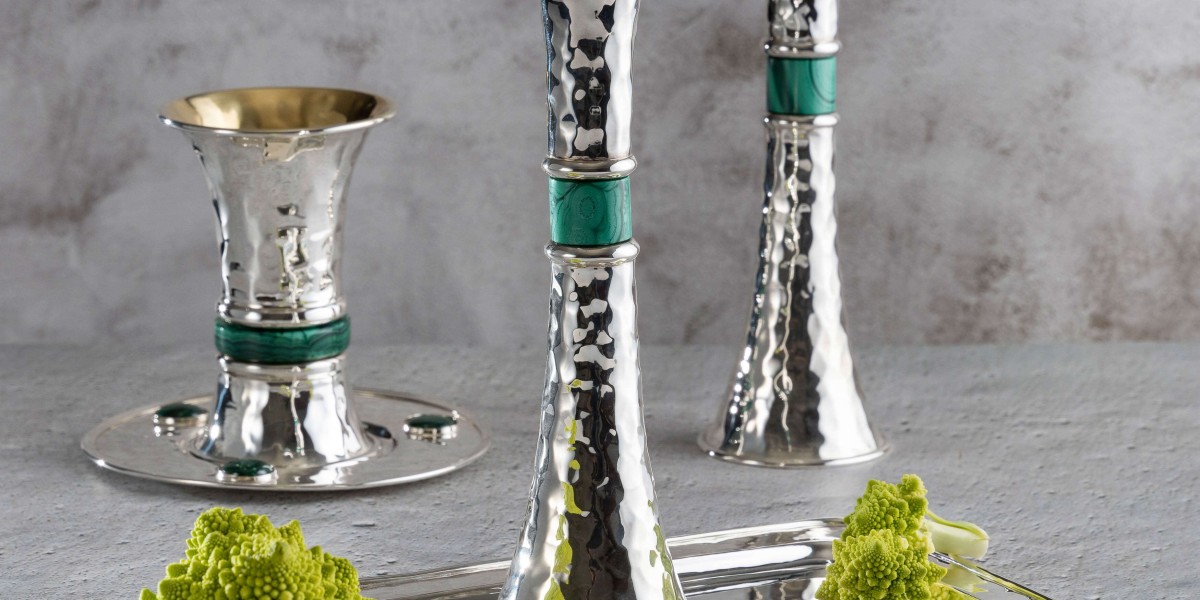Fertility struggles affect millions worldwide, leading many to explore holistic and complementary approaches such as Traditional Chinese Medicine (TCM) and acupuncture. While modern fertility treatments like in-vitro fertilization (IVF) offer hope, many couples incorporate TCM to enhance their chances of conception. But how exactly does Traditional Chinese Medicine work alongside acupuncture to support fertility?
In this guide, we’ll explore the science-backed benefits of TCM for reproductive health, how it complements Western fertility treatments, and why it’s increasingly used alongside acupuncture and IVF.
Understanding Traditional Chinese Medicine for Fertility
Traditional Chinese Medicine is a holistic healthcare system developed over 2,500 years ago, focusing on restoring balance within the body. It includes acupuncture, herbal medicine, dietary therapy, and lifestyle practices such as Tai Chi and Qi Gong.
When it comes to fertility, TCM aims to:
Regulate menstrual cycles for better ovulation
Improve blood flow to the uterus for a more receptive endometrium
Balance hormones to optimize reproductive function
Reduce stress and inflammation, which can impact fertility
Boost overall energy (Qi) and circulation to enhance conception
The key principle behind TCM fertility treatments is restoring harmony in the body's energy systems, particularly the Kidney, Liver, and Spleen, which play essential roles in reproductive health.
How Acupuncture Supports Fertility
Acupuncture, a cornerstone of TCM, involves inserting thin needles into specific points on the body to stimulate energy flow (Qi) and improve overall health. Numerous studies suggest that acupuncture may enhance fertility by:
Increasing blood circulation to the uterus and ovaries, improving the chances of implantation
Regulating hormones, including estrogen and progesterone, crucial for conception
Reducing stress and anxiety, which can interfere with ovulation and sperm production
Supporting egg quality and ovarian reserve, particularly for women undergoing IVF
Enhancing sperm health, improving motility and morphology in men
Scientific Evidence Supporting Acupuncture for Fertility
Several studies have examined acupuncture’s role in reproductive health:
A 2018 meta-analysis published in Complementary Therapies in Clinical Practice found that acupuncture significantly improved pregnancy rates in women undergoing IVF.
A study in the journal Fertility and Sterility reported that women receiving acupuncture before and after embryo transfer had higher implantation rates compared to those who didn’t.
Research from the National Institutes of Health (NIH) suggests acupuncture may improve ovarian function in women with polycystic ovary syndrome (PCOS), a leading cause of infertility.
Combining Acupuncture and IVF: A Synergistic Approach
Many fertility specialists now recommend acupuncture as a complementary therapy for couples undergoing assisted reproductive technologies (ART) like IVF.
How Acupuncture Enhances IVF Success
Prepares the uterus: Improves endometrial lining thickness for implantation
Increases embryo implantation rates: Encourages better embryo receptivity
Supports hormonal balance: Reduces side effects of fertility medications
Decreases stress: Enhances relaxation, leading to better IVF outcomes
Best Time to Start Acupuncture for IVF
For optimal results, many practitioners suggest beginning acupuncture 3–6 months before IVF to prepare the body. However, even starting treatment during the IVF cycle can still offer significant benefits.
Traditional Chinese Herbal Medicine for Fertility
Alongside acupuncture, TCM practitioners often prescribe customized herbal formulas tailored to each individual’s fertility needs. Popular fertility-boosting herbs include:
Dong Quai (Angelica sinensis): Improves blood flow to the uterus
Chaste Tree Berry (Vitex agnus-castus): Helps regulate menstrual cycles
Goji Berries (Lycium barbarum): Enhances egg quality and ovarian function
Ginseng (Panax ginseng): Supports male fertility by improving sperm health
However, it’s crucial to consult a qualified TCM practitioner before taking herbs, especially if undergoing IVF, as some herbs may interact with fertility medications.
Traditional Chinese Medicine for Male Fertility
TCM doesn’t just support female fertility—it also addresses male reproductive health. Acupuncture and herbal medicine can:
Increase sperm count and motility
Reduce oxidative stress, which can damage sperm DNA
Improve libido and overall reproductive function
A 2020 study published in Andrologia found that acupuncture improved sperm motility in men with infertility issues, reinforcing its potential as a natural treatment for male factor infertility.
Lifestyle and Dietary Recommendations in TCM for Fertility
In addition to acupuncture and herbs, TCM emphasizes lifestyle and dietary modifications to support reproductive health:
Eat warm, nutrient-dense foods (soups, bone broth, steamed vegetables)
Avoid excessive cold and raw foods, which can disrupt digestion and energy flow
Reduce processed foods and sugar, which can cause inflammation and hormonal imbalance
Manage stress through mindfulness practices, such as meditation and deep breathing exercises
Are There Any Risks with TCM and Acupuncture for Fertility?
When performed by a qualified practitioner, acupuncture and TCM are generally safe. However, potential risks include:
Bruising or mild discomfort at acupuncture sites
Possible interactions between herbal supplements and IVF medications
Inconsistent regulation of herbal products, making professional guidance essential
Always seek treatment from licensed acupuncturists and TCM professionals specializing in fertility to ensure safety and efficacy.
Final Thoughts: Should You Try Traditional Chinese Medicine for Fertility?
If you’re struggling with fertility, combining Traditional Chinese Medicine, acupuncture, and IVF could be a game-changer. Research supports their effectiveness in improving reproductive health, balancing hormones, and increasing IVF success rates. While TCM may not replace conventional fertility treatments, it serves as a powerful complementary approach to enhance overall well-being and optimize the chances of conception.









